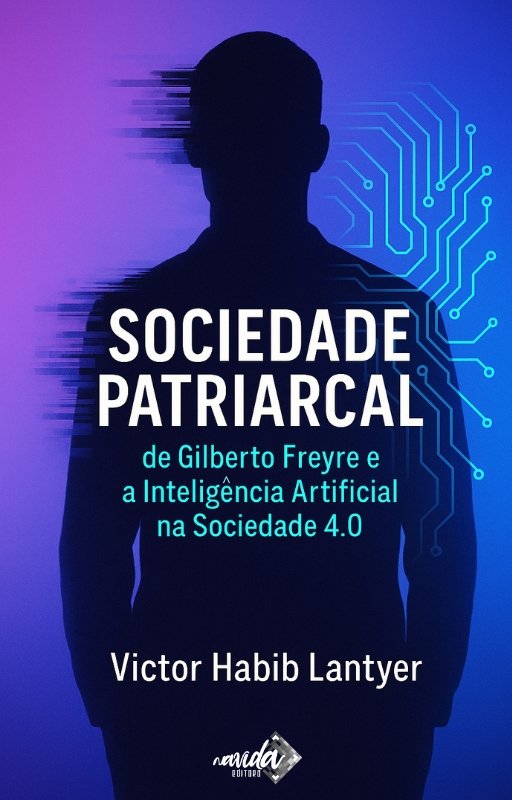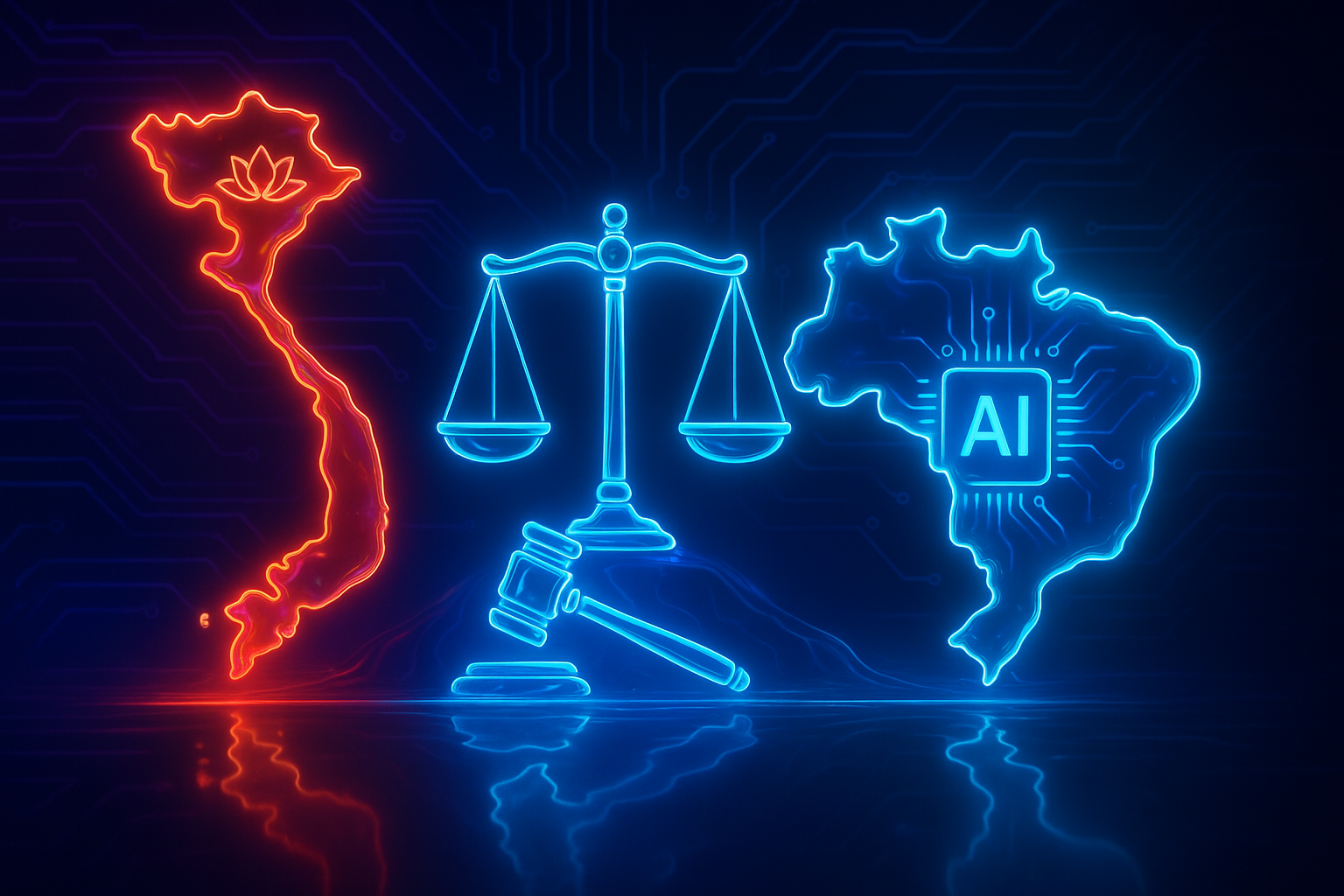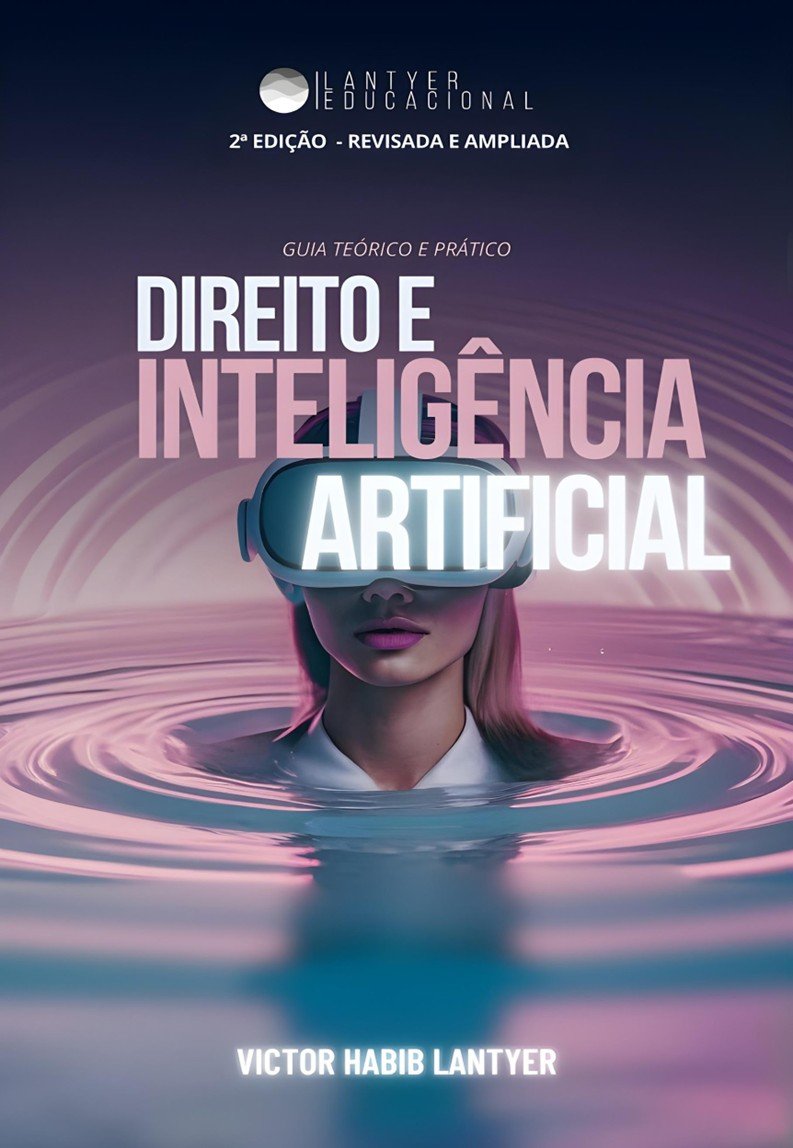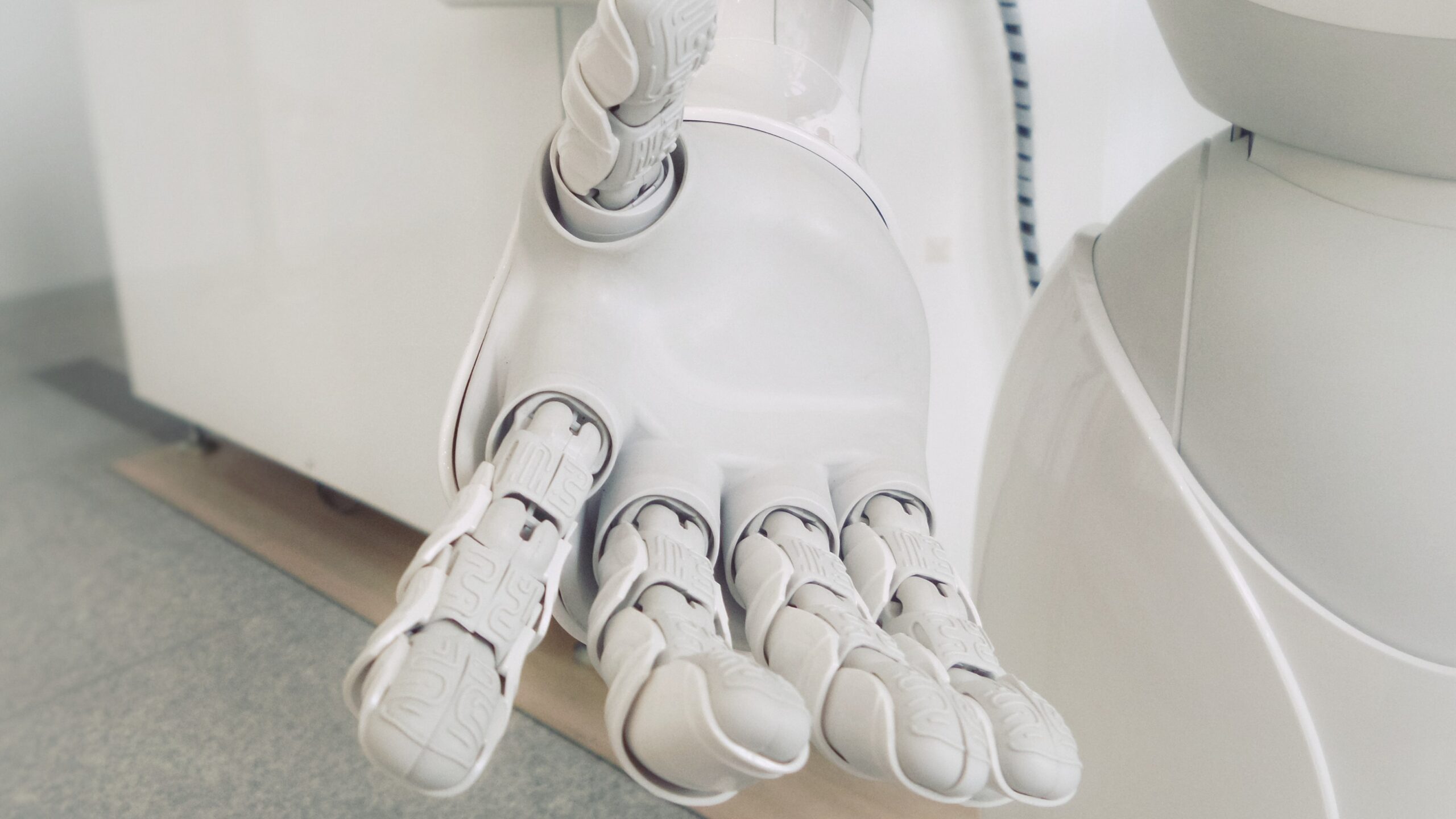Lawyer, professor, and author Victor Habib Lantyer launches his new essay as an intellectual provocation. The work connects centuries of Brazilian social history to the epicenter of Silicon Valley. The title is “Gilberto Freyre’s Patriarchal Society and Artificial Intelligence in Society 4.0: A Critical Reflection”.
The work is freely available to the public. Furthermore, it establishes a bold bridge. The essay connects Gilberto Freyre's classic analysis of colonial Brazil to the algorithms that now govern the digital age.
The essay begins with a central and uncomfortable question. Are new technologies replicating the same power dynamics described in "The Masters and the Slaves"? After all, they operate under a veneer of modernity and neutrality. In other words, are technological oligopolies the new "masters of the mill" of Society 4.0? And are their algorithms the new "orders" that invisibly shape social behavior?
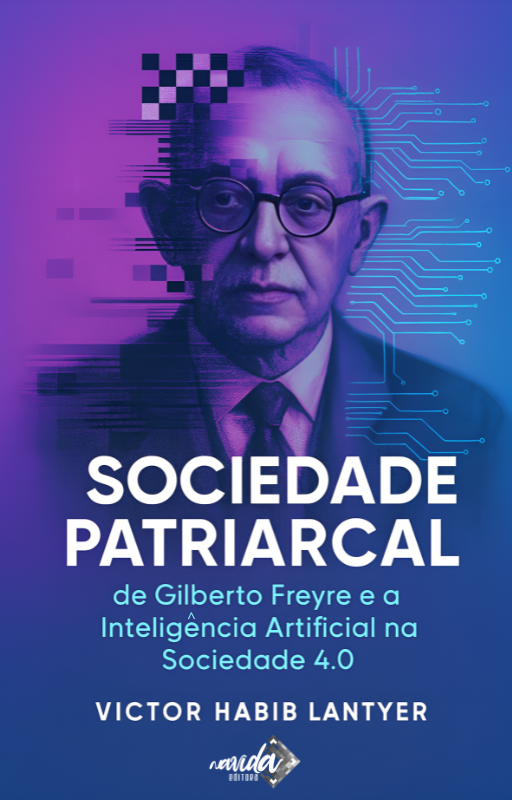
The Bridge Between the Past and the Digital Future
Indeed, Lantyer's work invites the reader to look at Artificial Intelligence differently—not just as a tool, but as a power structure.
The essay argues that there is an important historical parallel. Just as relationships in patriarchal society were governed by unwritten social norms, our digital lives are also mediated. Today, however, they are governed by codes and algorithms with internal rules that are opaque to most.
Imagine the social structures described by Freyre as the "source code" of a society. Lantyer investigates whether we are, in fact, creating a new system. Or, on the other hand, whether we are simply executing this old, biased code. The difference would be faster, globally connected hardware.
Today's "Big House," therefore, may not be a physical building. Reflection suggests that it is, in fact, a data infrastructure. And this infrastructure is controlled by a few global corporations.
The Echo of Patriarchy in Code: How AI Can Reinforce Inequality
Far from being a pessimistic analysis, the book serves as a warning. It explores how technology can perpetuate historical injustices. This happens, however, if it is not developed and implemented with a critical eye. In this case, it becomes a vector for inequality.
Among the points for reflection, the following stand out:
- Algorithmic Bias as Systemic Prejudice: The essay explores how algorithms can learn and amplify biases. This occurs because they are trained on real-world data. Consequently, problems arise in areas such as hiring, credit, and public safety. The result is the creation of digital barriers that mirror long-standing social barriers.
- The Concentration of Power: Furthermore, the work draws a parallel regarding the concentration of power. It compares the power of sugar mill owners with that of technology giants. These companies now not only control digital infrastructure. They also define the rules of interaction and visibility in this new "public space."
- The Invisibility of Control: The essay also highlights the invisibility of control. Just as patriarchal norms were naturalized, algorithmic decisions operate subtly. They filter what we see, read, and consume. In this way, they shape perceptions and behaviors without the control mechanism being evident.
A Tool for Equity?
The essay doesn't limit itself to highlighting the risks. On the contrary, it also explores the immense potential of Artificial Intelligence. It can be a force for building a more just future. Lantyer argues that, if used consciously, AI can be a powerful tool for:
- Identify and Correct Biases: The same algorithms that replicate biases could have another function. For example, they could be programmed to identify and mitigate inequalities. This would promote, on a large scale, fairer decision-making processes.
- Democratize Access: Technology has the potential to break down geographic and social barriers. This can provide access to education, services, and opportunities. This provision, therefore, becomes broader and more equitable.
The conclusion is clear: the future is not a predetermined technological destiny. The direction Artificial Intelligence will take depends on several factors. First and foremost, it depends on human choices and public debate. And, crucially, it depends on an interdisciplinary approach. This approach must unite the knowledge of technologists, jurists, sociologists, and humanists.
An Essential and Free Reading
“Gilberto Freyre’s Patriarchal Society and Artificial Intelligence in Society 4.0” is, without a doubt, a fundamental read. It's essential for anyone interested in the complex intersections between society, power, and innovation.
The essay is an invitation to critical reflection. Indeed, it is indispensable for technology professionals building the future. It is equally important for the jurists who regulate it and, of course, for the citizens who will live in it.
This insightful and provocative essay is available for free. It's a must-read for anyone who believes that technology should serve a greater purpose—namely, building a more just future, not repeating the mistakes of the past.
Download your free copy now:
- Access via Google Play Books: https://play.google.com/store/books/details/Victor_Habib_Lantyer_A_Sociedade_Patriarcal_de_Gil?id=pjh-EQAAQBAJ
- Access via Figshare Repository: https://figshare.com/articles/book/A_Sociedade_Patriarcal_de_Gilberto_Freyre_e_a_Intelig_ncia_Artificial_na_Sociedade_4_0_Uma_Reflex_o_Cr_tica/29924885?file=57230294
